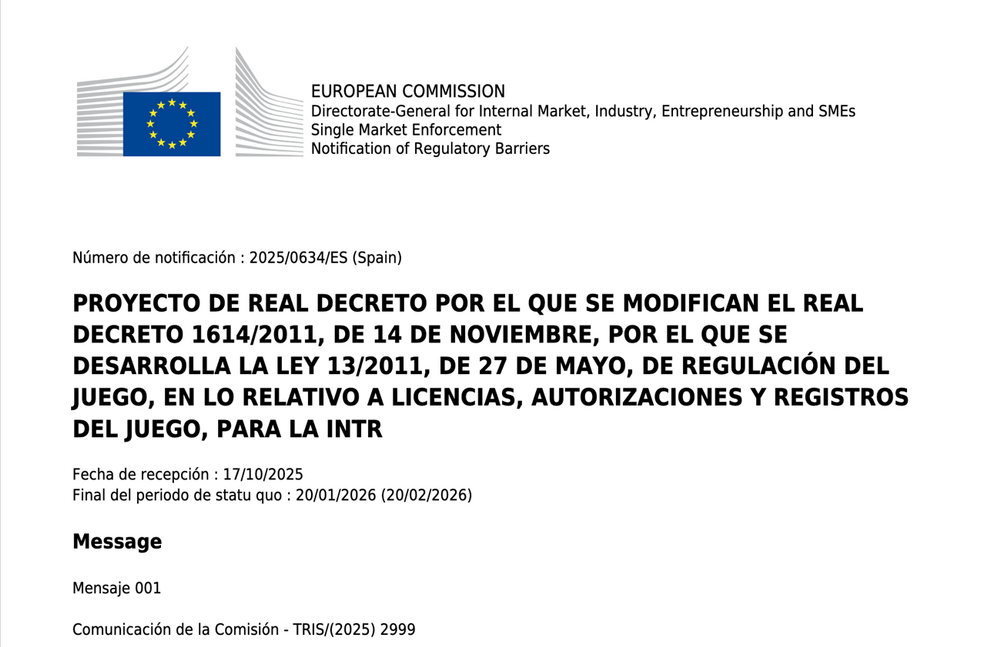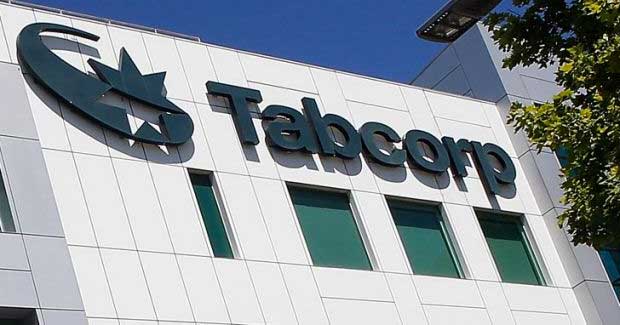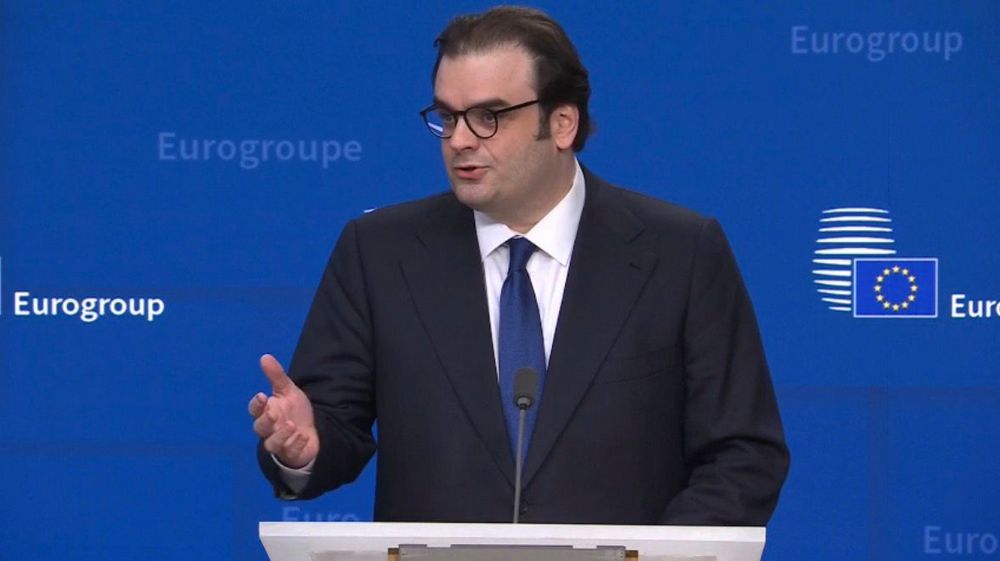The Government of Gibraltar has formally announced its plan to overhaul the territory’s core gambling legislation with a newly drafted Gambling Bill, signaling a significant regulatory reset for one of Europe’s most established remote gaming jurisdictions.
The update comes nearly 20 years after the original Gambling Act 2005 and is designed to align Gibraltar’s licensing, compliance, and operational standards with the rapid evolution of the global iGaming sector. According to statements released in July 2025, the new bill will introduce a more dynamic licensing framework, reinforce consumer protection mechanisms, and expand the government’s oversight capacity for digital betting and casino operations.

The move is widely viewed as an effort to retain Gibraltar’s competitiveness amid rising regulatory complexity across Europe. With jurisdictions such as the UK tightening affordability checks and Ireland moving toward independent oversight, Gibraltar’s new framework seeks to offer clarity and flexibility while maintaining high regulatory integrity.
Among the key pillars under review:
- Introduction of tiered licensing models to accommodate B2C and B2B operators more precisely.
- Enhanced AML/CTF provisions to align with FATF and UK expectations.
- Stronger data compliance and player protection requirements, including digital KYC thresholds and responsible gaming controls.
- Possibility of restructuring tax contributions based on risk exposure and volume metrics.
The government has launched a formal consultation phase with licensed operators, tech suppliers, compliance professionals, and consumer advocacy groups. The goal is to ensure the legislative update reflects both regulatory best practices and commercial viability.

“The aim is not to increase regulatory burden but to reflect the evolution of risk in a cross-border, digital-first market,” a senior Gibraltar official told our outlet. “We’re looking at smart regulation that supports sustainable growth.”
A draft version of the bill is expected to reach the Gibraltar Parliament in Q4 2025, with full debate and potential passage before mid-2026. For stakeholders, the reform represents a timely recalibration. As more operators seek stability amid shifting regulatory environments, Gibraltar’s repositioning may offer a modern, high-integrity alternative for firms seeking operational certainty within a well-known framework.







































